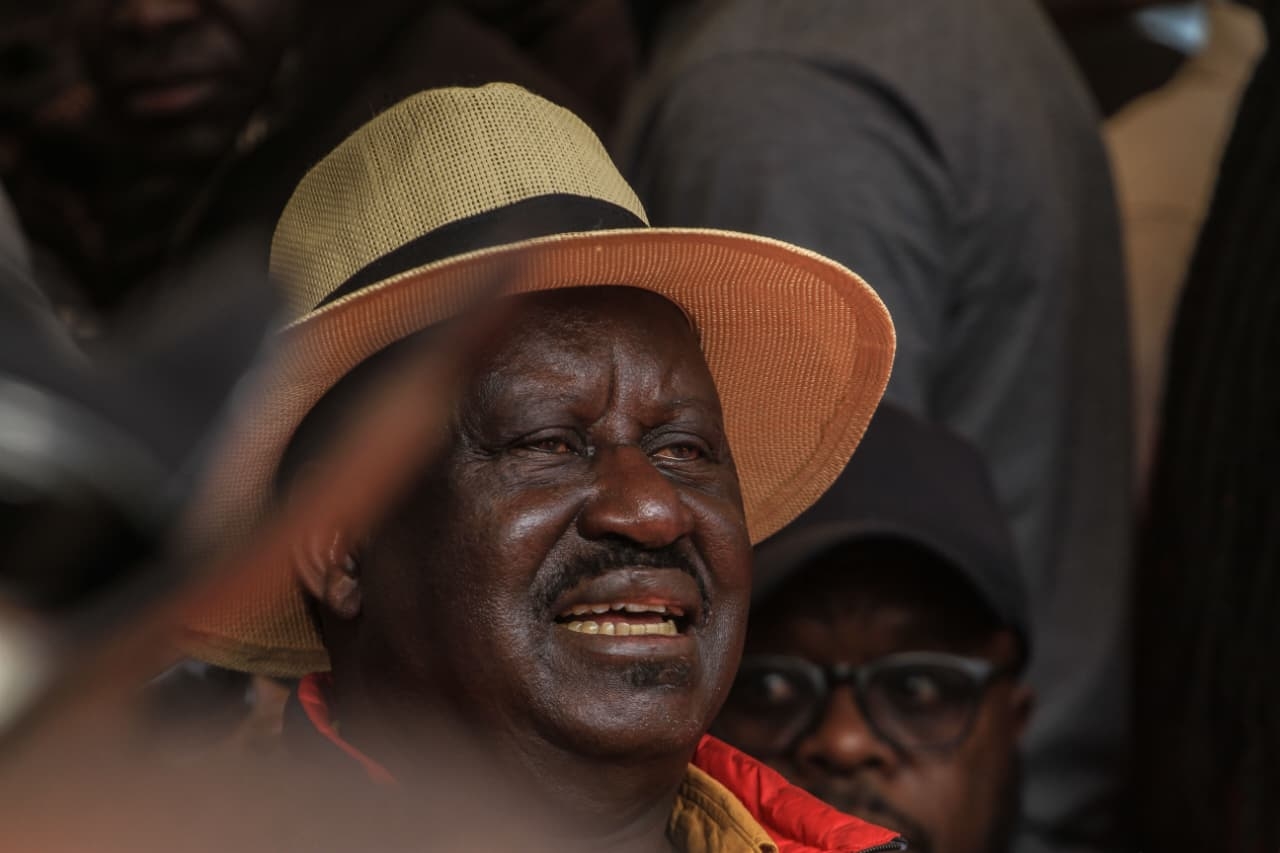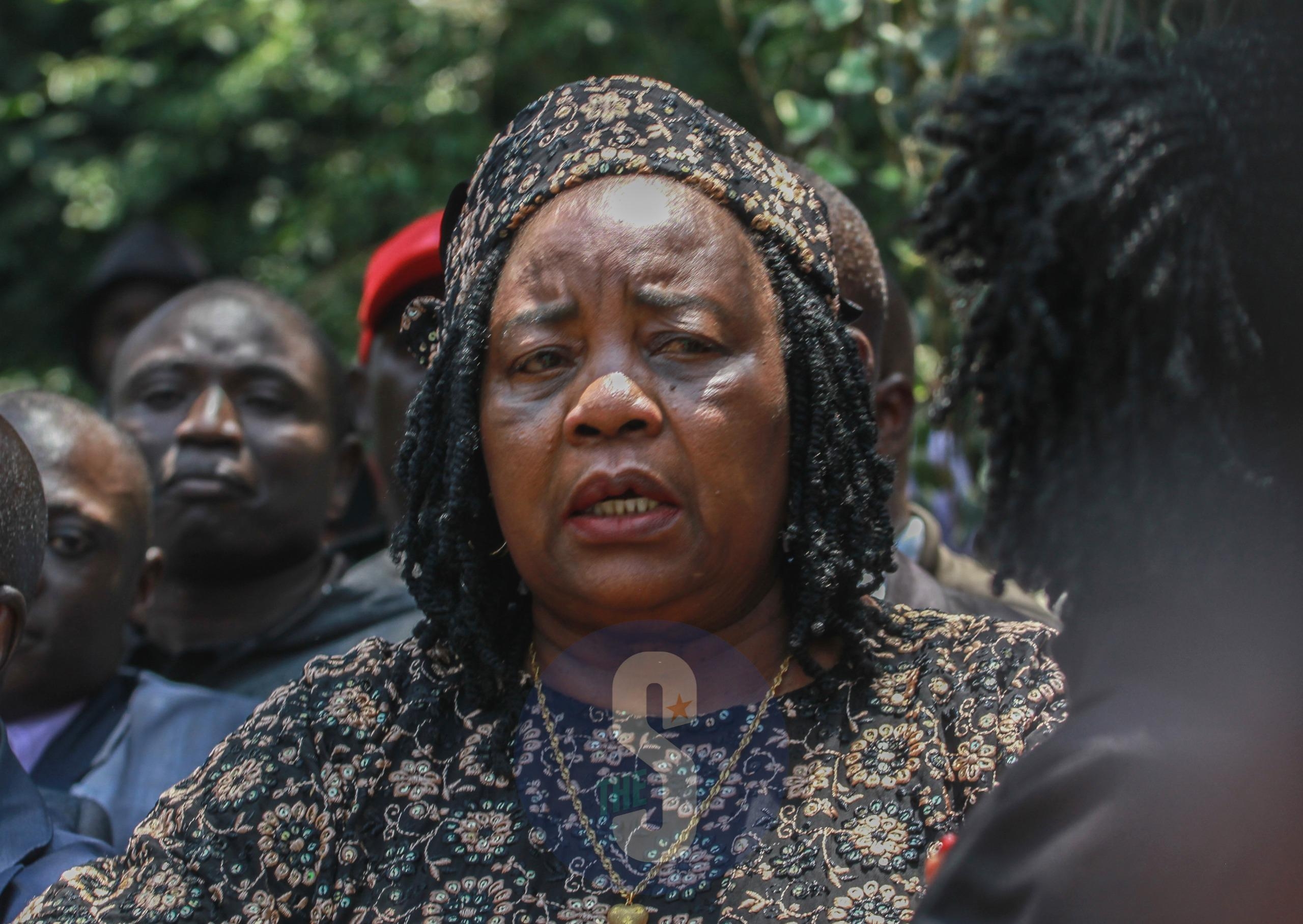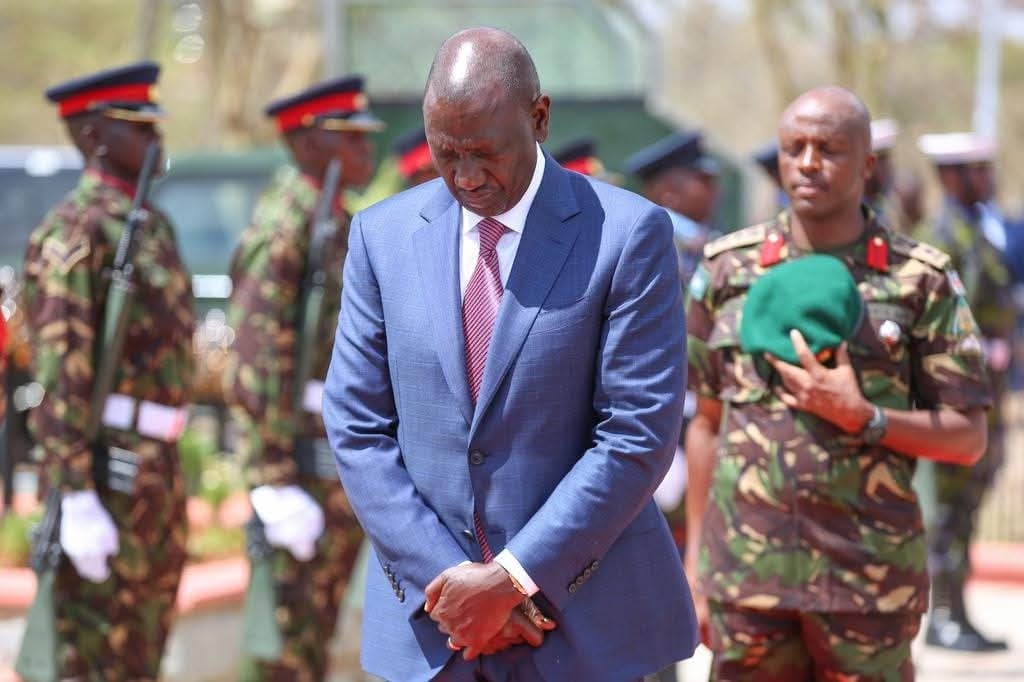

Kenyan businesses are bracing for another turbulent year ahead, months after Gen Z-led demonstrations.
The World Security Report 2025, unveiled by Allied Universal and G4S on Tuesday, reveals that political instability and civil unrest have overtaken economic volatility as the top hazards facing companies in the next year.
According to the report, 45 percent of Kenyan chief security officers (CSOs) rank political instability as their biggest concern, closely followed by civil unrest at 43 percent, both of which are well above regional averages.
More than 1 in 5 companies (21 per cent) expect to be directly affected by protests or demonstrations over the next year, the highest rate reported anywhere in Sub-Saharan Africa.
While fears of political unrest grow, there’s a glimmer of optimism on the economic front: concerns over instability have fallen to 41 per cent, down from 52 per cent last year.
Yet fraud, largely driven by financial pressures, remains the leading external threat, cited by 41 per cent of firms.
“Political and civil unrest can have an immediate and costly impact on businesses and investor confidence, and security leaders are preparing to bolster their physical security programmes in response,” said Laurence Okelo, managing director of G4S Kenya.
“The predicted easing of economic instability provides some room for optimism, but companies must continue building resilience through security upgrades, workforce safety and contingency planning.”
Physical security budgets are set to increase, according to 79 per cent of Kenyan businesses, one of the highest rates in the region.
Their top priorities are investment in new technology and infrastructure (83 per cent), risk assessments (71 per cent), and regulatory compliance (66 per cent).
The World Security Report sampled 2,352 chief security officers (CSOs) in 31 countries at medium and large, global companies with total revenue exceeding $25 trillion took part in the research.
At least 58 security chiefs from Kenya and 174 in total from Sub-Saharan Africa were surveyed.
The report also incorporates the crucial perspectives of 200 global institutional investors managing over $1 trillion (Sh130 trillion) in assets.
Economic losses stemming from the Gen-Z-led protests have been significant, with retail and hospitality particularly affected.
Security chiefs underline the potential costly fallout from security incidents, with nearly half (45 per cent) reporting revenue losses as a result.
More companies in Kenya than anywhere else in Sub-Saharan Africa also experienced increased insurance costs.
Institutional investors echoed these concerns, warning that a major security incident could reduce the value of a listed company by as much as 32 per cent.
“Consistent with the 2023 findings, fraud is the dominating internal and external threat across the region, which can be tied back to economic instability.
Despite these challenges, there are plenty of opportunities across the region and it is encouraging to see the planned investment in smart security infrastructure and AI-powered video surveillance,” said Christo Terblanche, regional president of G4S in Africa.












